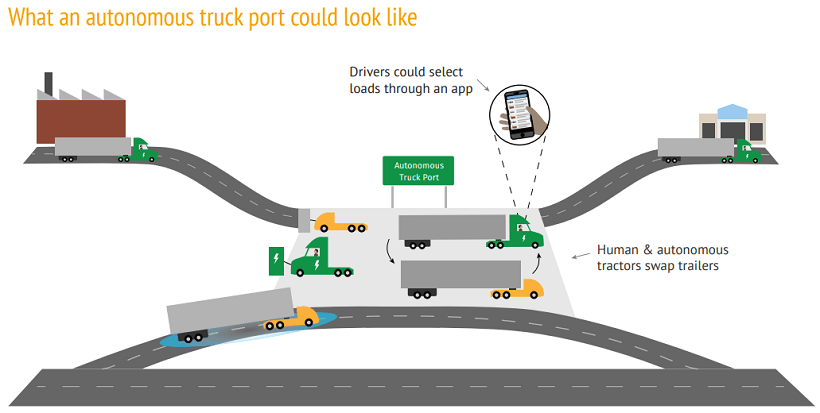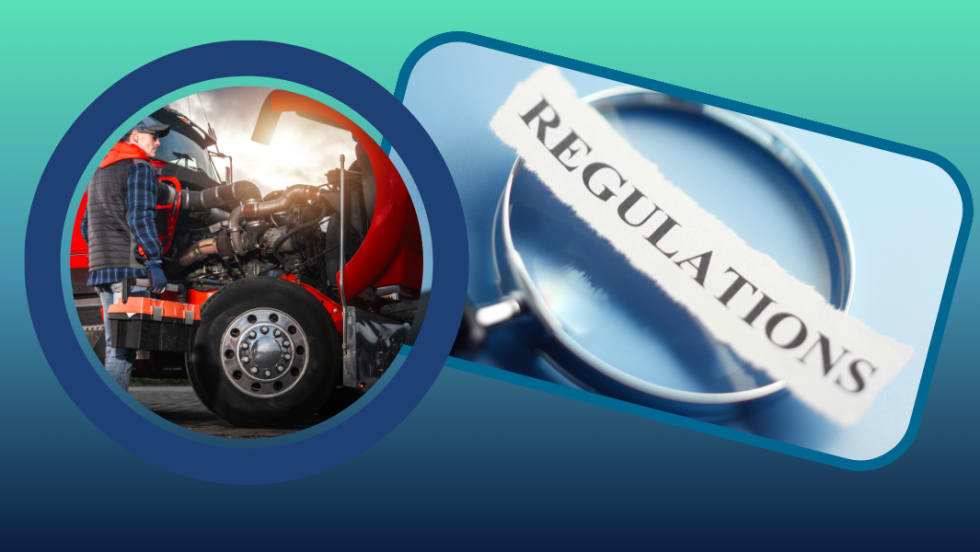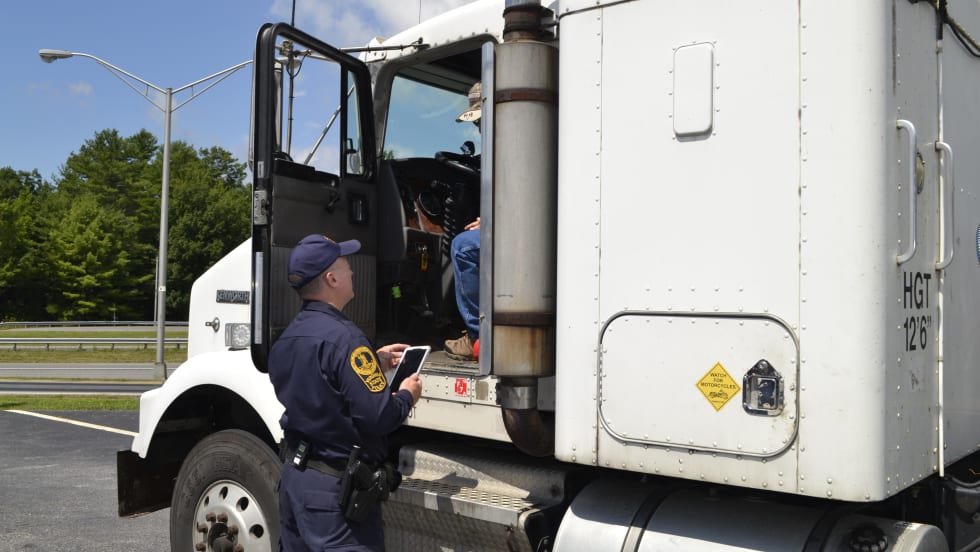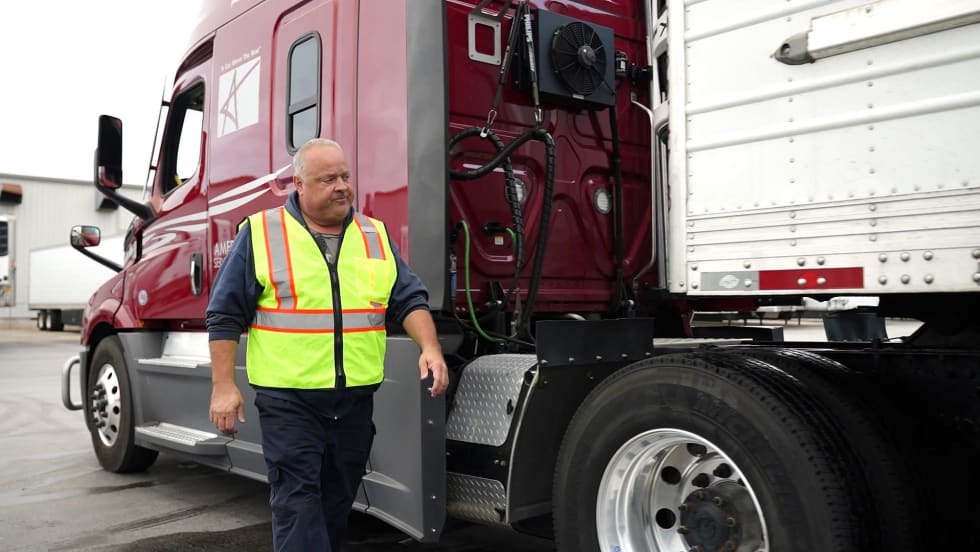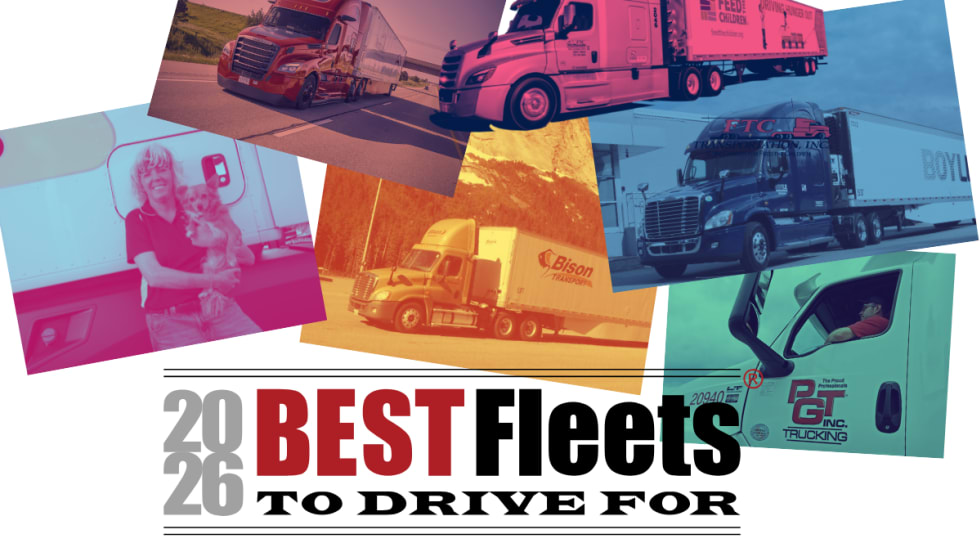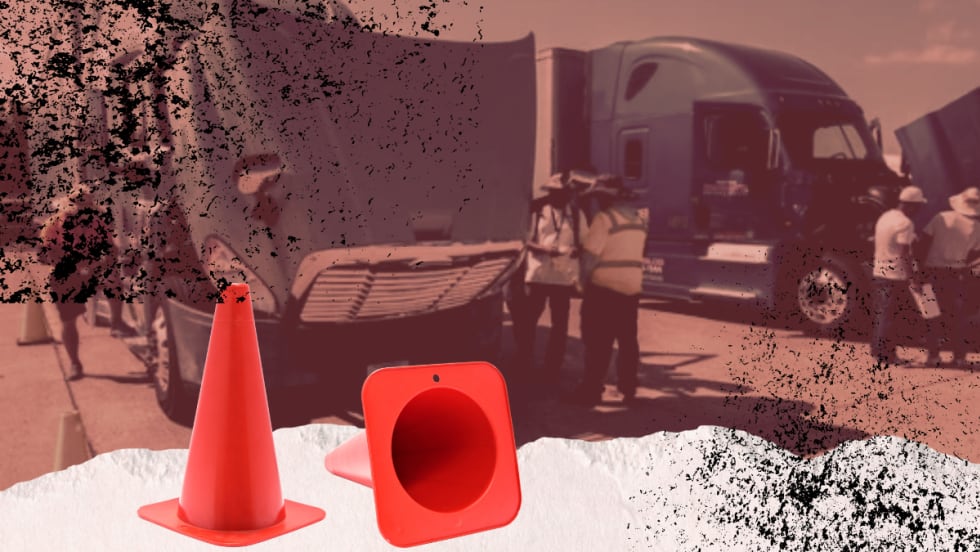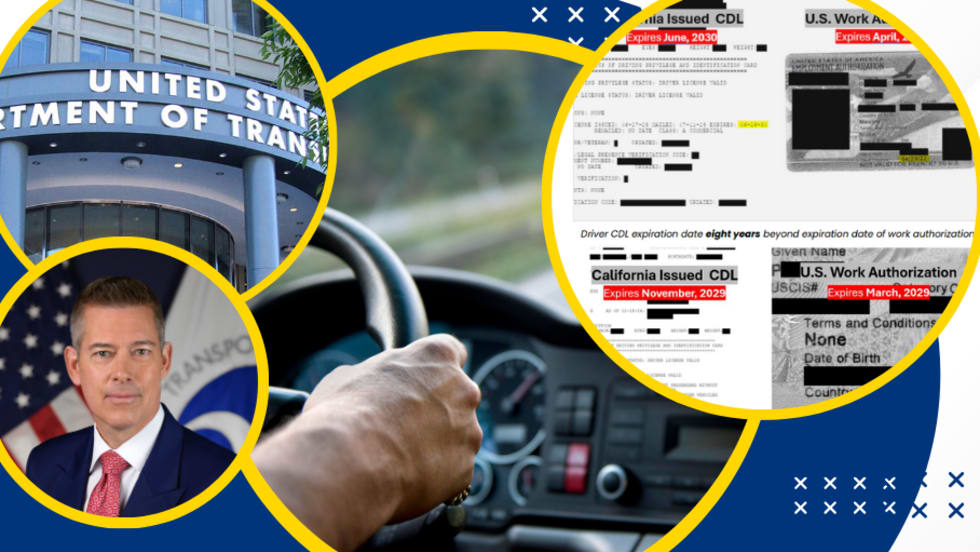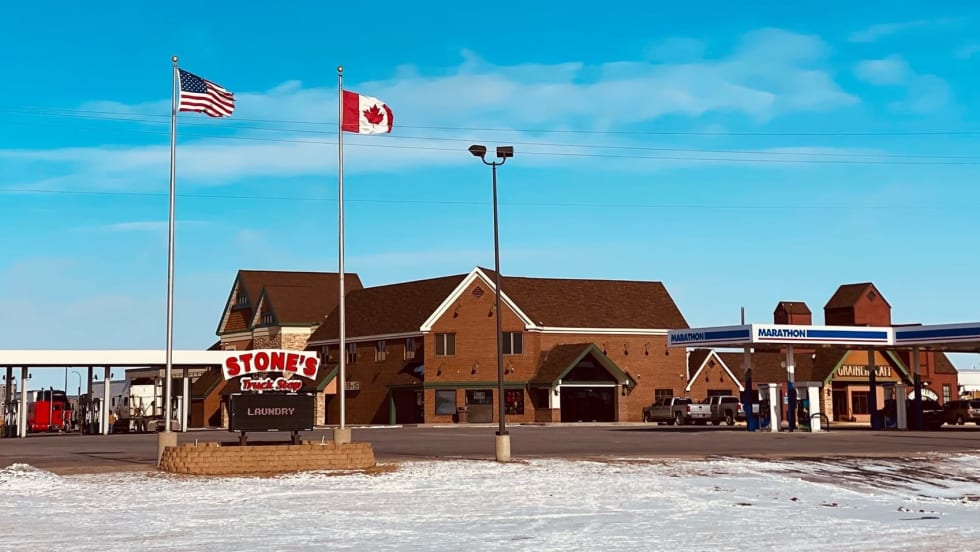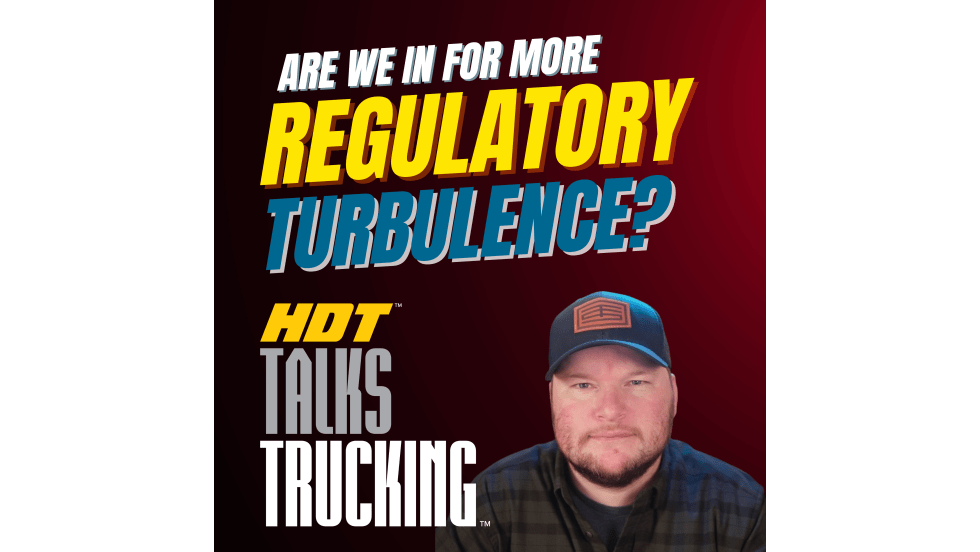A new report on driverless trucks projects that self-driving trucks could replace as many as 294,000 jobs in the trucking industry and emphasizes the role that industry leaders and policymakers could have on smoothing that transition for drivers.
The report, "Driverless? Autonomous Trucks and the Future of the American Trucker," stresses the point that without proper guidance, automation could end up removing high and moderate paying truck driving jobs and leave the industry with mostly lower paying local and independent contractor type jobs.
While autonomous systems are currently being developed for all modes of transportation, the trucking industry is likely to be an early adopter of it because certain types of driving are primed for it, according to the report. This primarily affects long distance non-specialized less-than-truckload jobs that account for many of the industry’s best earning jobs.
Currently, the autonomous trucking model that makes the most sense is to have autonomous truck ports at either end of long routes. Since current levels of automation would have a harder time driving in congested urban environments or backing freight into a dock, human drivers would take over for automated trucks in these environments, leaving the more simple long-haul portions for driverless trucks. While this has the potential to add more trucking jobs, these jobs would likely not pay as much.
This model could also lead to increased “digitization” of trucking with app-based marketplaces similar to Uber freight and other freight matching platforms. The report suggests that this could drive down pay even further, as the costs associated with the currently more complex system of matching loads to carriers would be smoothed out.
To curb this trend, the Driverless Report proposes public policy designed to drive collaboration between workers and industry leaders and policymakers. This collaboration would be based on three main pillars: The development of an industry-wide approach to worker advancement and stability, stronger labor standards and worker protections, and investment in innovation that would achieve social, economic and environmental goals.
These goals would aim to create a future where the trucking industry would change in ways that benefit both the market and the workers. The report puts forward an adoption scenario for automated trucking that would have human drivers leading a platoon of autonomous trucks on the highway instead of a simple hub and spoke model where autonomous trucks require little to no human assistance until they reach an autonomous port. In order to protect labor, the report also suggests that local drivers be classified as employees with incentives for trucking firms to use labor efficiently. The idea behind this is to support and train drivers through the transition to autonomous trucking.
The Driverless Report was compiled by Steve Viscelli, a sociologist at the University of Pennsylvania and author of a book on long-haul truck drivers called The Big Rig: Trucking and the Decline of the American Dream. He worked with the UC Berkeley Labor Center and Working Partnerships USA to examine the impact that truck automation could have on the trucking industry.
The full report is available online.




